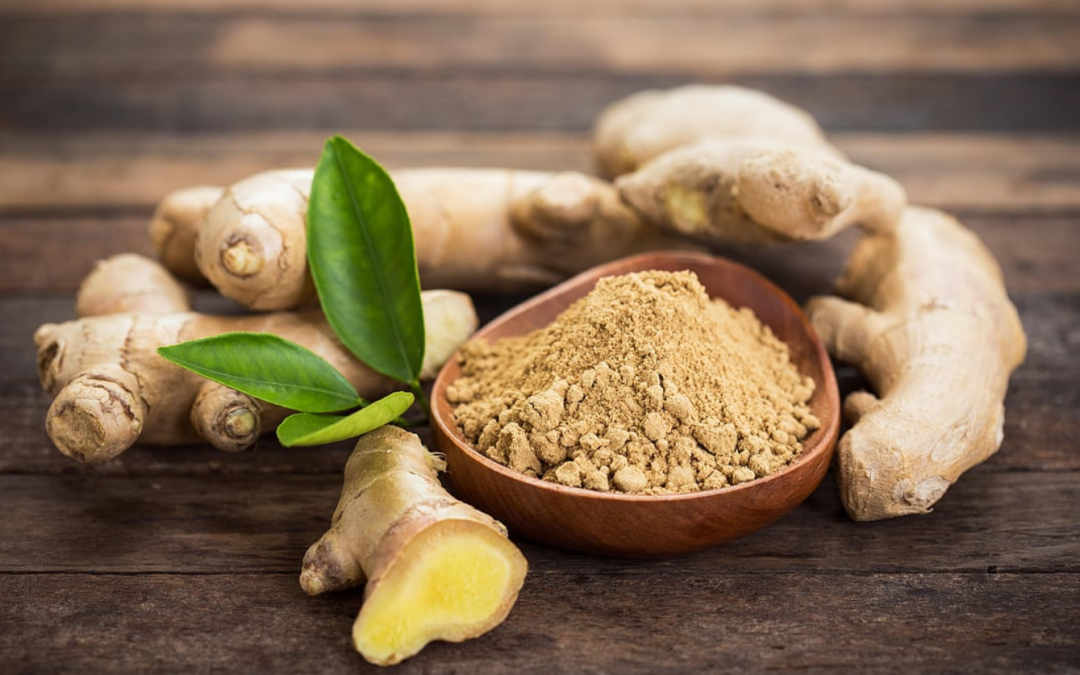Oman today_ Ginger is one of the most popular spices and natural supplements, known not only for its unique flavor and aroma but also for its numerous health benefits. Fresh ginger rhizomes are juicy and mild in taste and are commonly used in pickles or brewed as a tea with honey and lemon. In contrast, mature and dried rhizomes have a stronger flavor and are widely used as a spice in Chinese and Indian cuisine.
Nutritional Benefits of Ginger
Ginger offers a wide range of health benefits. It can help reduce nausea and digestive issues, improve intestinal motility, and alleviate symptoms of nausea caused by travel, chemotherapy, or stomach problems. Its anti-inflammatory compounds can help reduce inflammation, joint pain, and muscle spasms, while also easing abdominal discomfort. Additionally, ginger supports the immune system, boosts energy levels, aids in relieving fatigue, and helps reduce bloating and indigestion. It can also relieve menstrual cramps and improve digestive function. Beyond these benefits, ginger contributes to lowering cholesterol levels and promoting heart health through its lipid-lowering and anticoagulant effects.
How to Consume
Ginger can be consumed in various ways. For ginger tea, steep a few slices of fresh ginger in hot water and enjoy it with honey and lemon. Fresh or dried ginger can also be added to soups, stews, teas, or desserts to enhance both flavor and health benefits. Additionally, ginger powder, liquid extracts, or ginger oil can be taken as supplements in recommended doses.
Individuals with gallstones or bleeding disorders should use ginger with caution. Normal dietary amounts are generally safe, but consuming more than 6 grams of ginger powder per day may cause digestive or cardiovascular issues. Pregnant women should consult their doctor before using ginger.
Ginger is not only an excellent flavor enhancer for food but also a natural superfood that supports digestive health, heart function, and the immune system.

